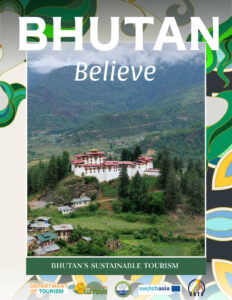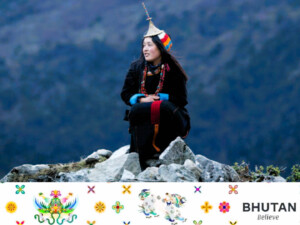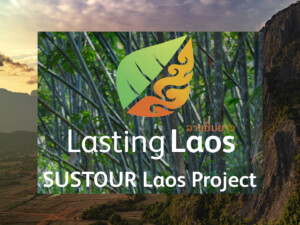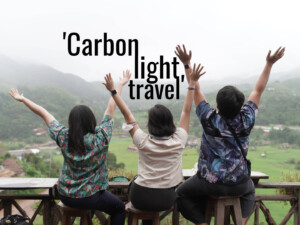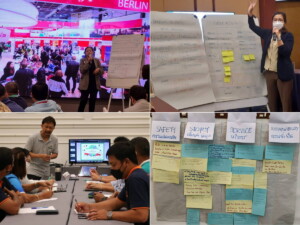Supporting ‘Bhutan Believe’: The SUSTOUR Bhutan story so far
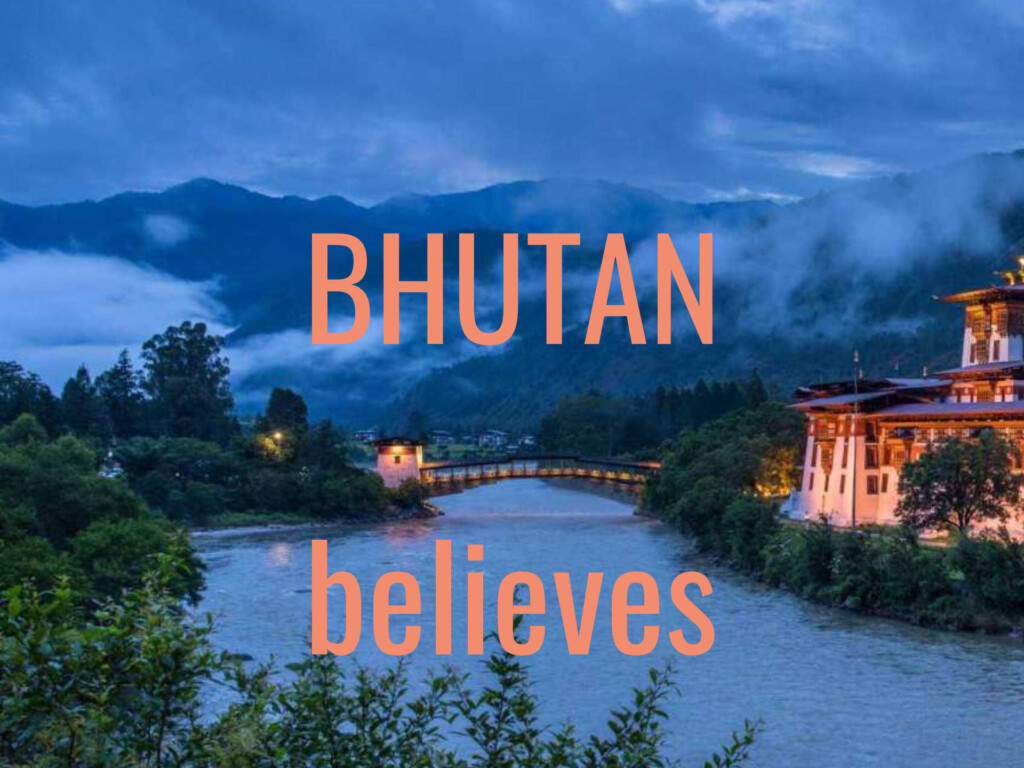
Bhutan believes it is (or could be) the world’s greenest and most responsible travel destination. The SUSTOUR Bhutan project, funded by the European Union under its SWITCH-Asia programme, is supporting Bhutan’s effort to realise this goal with a focus on sustainable, inclusive, and resilient tourism development.
“The SUSTOUR project stands as a beacon of relevance and importance for Bhutan, particularly in navigating the complexities of tourism post-COVID, while upholding our principles of sustainability.”
Dorji Dhradhul, Director General, Department of Tourism (DoT), Bhutan
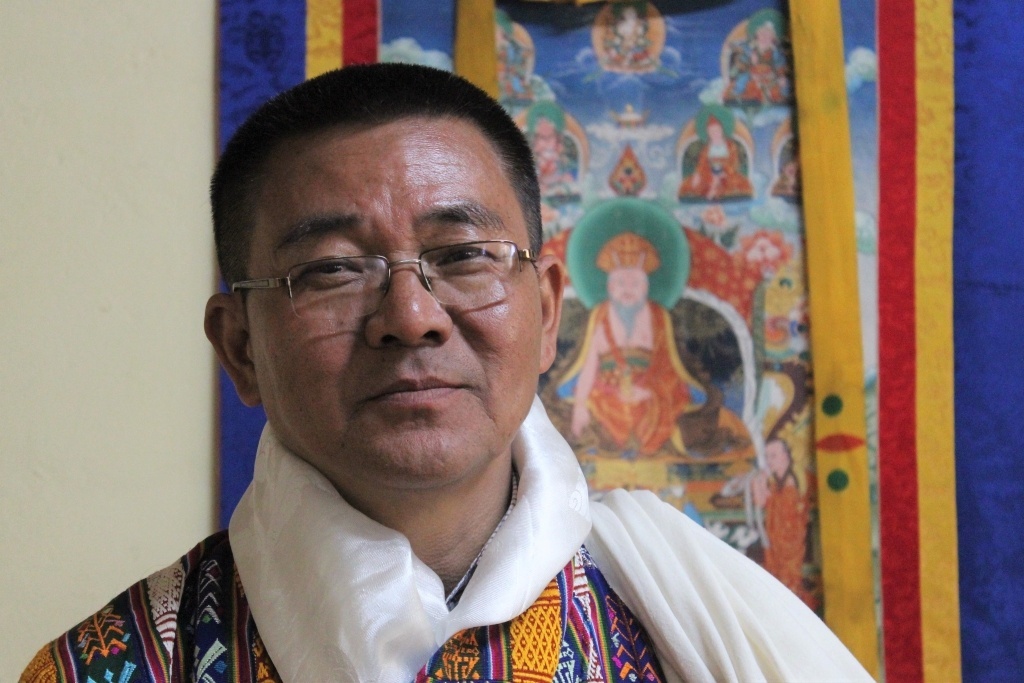
Launched in 2020, SUSTOUR Bhutan targets the entire value chain: tour operators, hotels, restaurants, guides, transportation, and suppliers.
Despite COVID dominating much of its timeframe, SUSTOUR Bhutan has established:
- Travelife Partnership (for eligible tour operators)
- The Bhutan Green Hotels standard (for all accommodation types)
- Low-carbon Bhutan travel packages (with a ‘Net Zero’ 2030 target)
Contents
- Navigating the COVID lockdown
- ‘A feeling of optimism is blowing through’
- The tour operator-Travelife connection
- Bhutan Green Hotels: A world-first national standard
- ‘Net Zero’ by 2030 …
- … is not that complicated
- Sustainable incentives for the future
- Appreciation
- About SUSTOUR Bhutan
- Learn more
Navigating the COVID lockdown
Tourism is Bhutan’s top foreign revenue source, but the COVID lockdown turned off the tap for almost two years. By 2022, tourism was on the brink of collapse, and Bhutan sought a comprehensive recovery path.
“COVID and its aftermath had a more profound impact on Bhutan’s tourism than most countries. Tour companies closed their operations … The lockdown also forced the government to rethink the entire tourism strategy, resulting in a new tourism policy and sharpened tourism rules and regulations.”
Sonam Dorji, Executive Director, Association of Bhutanese Tour Operators
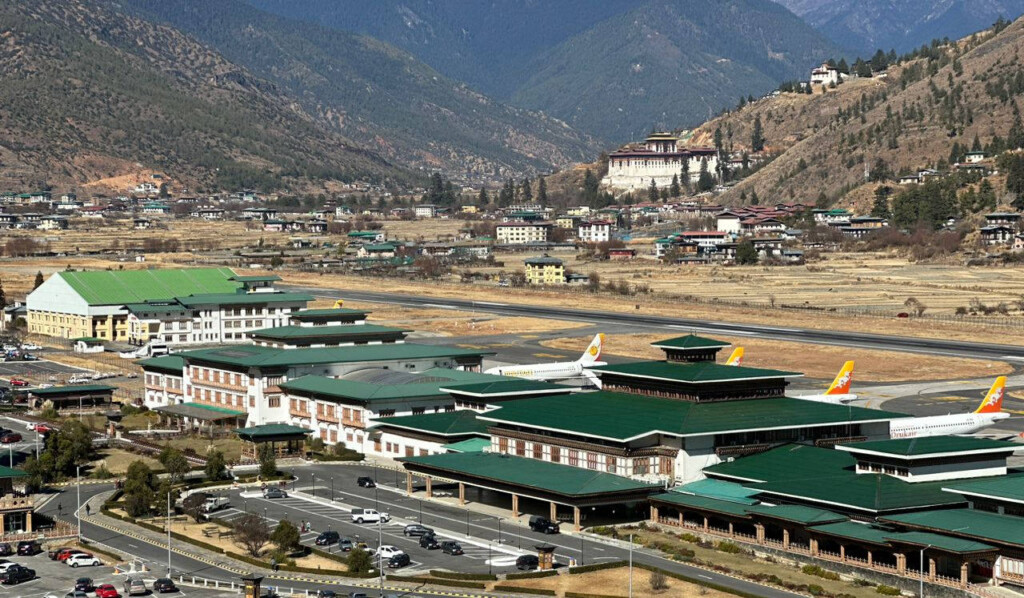
SUSTOUR Bhutan adapted to the lockdown. Most field-related activities had come to a standstill, so the project went online to inform stakeholders and conduct an initial value chain analysis. The project concentrated on developing conditions, criteria, and tools, while establishing networks, databases, and documentation protocols.
The project also conducted an EU and regional market survey of more than 100 travel companies to better position the country’s brand.
As a result, Bhutan tourism is focussed on the “more mature, sustainability-sensitive market that wants to feel authentic immersion in traditional cultures and be surrounded by pristine natural environments,” Mr Dorji said.
These European visitors are also “aware of their carbon footprint, want to leave a positive impact on the destination, and want real, meaningful quality, not superficial luxuries”.
The European source market would be the primary focus of SUSTOUR Bhutan. Mr Dorji noted that by 2024, at global trade events such as ITB Berlin, the project was facilitating “match-making between Bhutanese Travelife Partner-level tour operators with like-minded European tour operators.”
‘A feeling of optimism is blowing through’
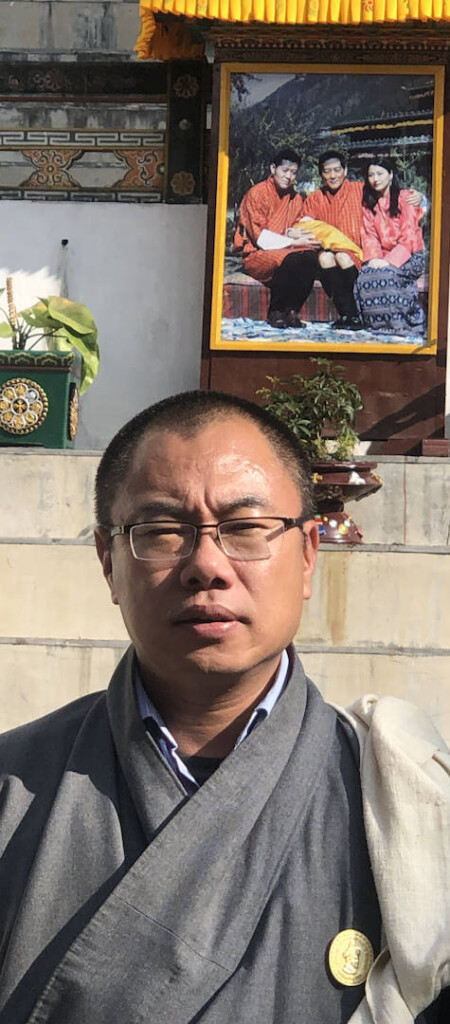
When the lockdown ended, the project quickly got back on track.
“The project had a strong ‘next steps’ kick off gathering in May 2022, when the borders were just opened and public meetings in Bhutan were allowed … Interest in the SUSTOUR Bhutan project was enormous. It was the first time after almost two years to discuss tourism development.”
Sonam Dorji, Executive Director, ABTO
Some 120 tour operators, hotels, NGOs, and government organisations attended this first meeting. Next came a tour operator training course with about 60 participants, hotel workshops with almost 50 attendees, and a match-making exercise between 60 tour operators and 30 hotels.
The team visited Paro, Thimphu, and Punakha valleys to collect and compile value chain data from some 50 tour operators and 30 hotels and their suppliers.
They also organised meetings to study waste management at tourism sites, and came up with strategies for the government to consider.
“However, the major goal is to avoid waste in the first place. Each participant has a zero-waste goal,” Mr Dorji stated.
The project still faced challenges:
“The new tourism policy and the shortage of human resources caused some reduced enthusiasm.
“The project had to retrain, creating delays, but things have stabilised and a feeling of optimism is blowing through the tourism sector.”
Sonam Dorji, Executive Director, ABTO
The tour operator-Travelife connection
More than 90 tour operators have participated in free SUSTOUR Travelife training workshops, and the project recently announced the awarding of Travelife Partner status to 16 of them.
The 2024 ‘Bhutan Believe’ brochure presents these businesses along with approved tourism products and packages.
Mr Dhradhul and Mr Dorji both noted the value of SUSTOUR Bhutan’s Travelife connection:
“Travelife is essential for tour operators seeking to demonstrate their commitment to sustainability. Becoming a Travelife Partner requires meeting stringent criteria related to environmental management, social responsibility, and ethical business practices.”
Dorji Dhradhul, Director General, Department of Tourism (DoT), Bhutan
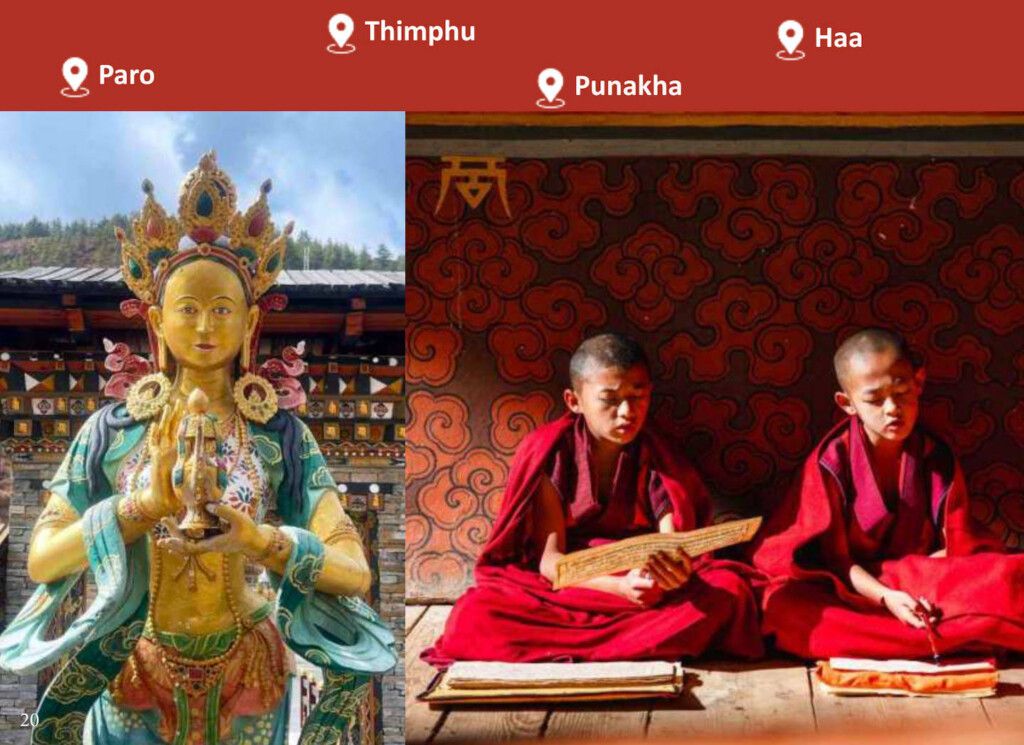
“[Travelife] is an important instrument to upscale the standard of tour operations in Bhutan [which is] extremely important, as tour operators are the primary client-engager and must be able to articulate Bhutan’s uniqueness.”
Sonam Dorji, Executive Director, ABTO
Bhutan Green Hotels: A world-first national standard
The SUSTOUR project has developed the Bhutan Green Hotels standard, the first in the world to certify every hotel in the country. This was presented at ITB Berlin in March 2024.
“This is a really big deal for Bhutan.
“It is the first country-wide green assessment system for all types of accommodation. The standard is also aligned with the Global Sustainable Tourism Council (GSTC) and regional certification programs.”
Sonam Dorji, Executive Director, ABTO
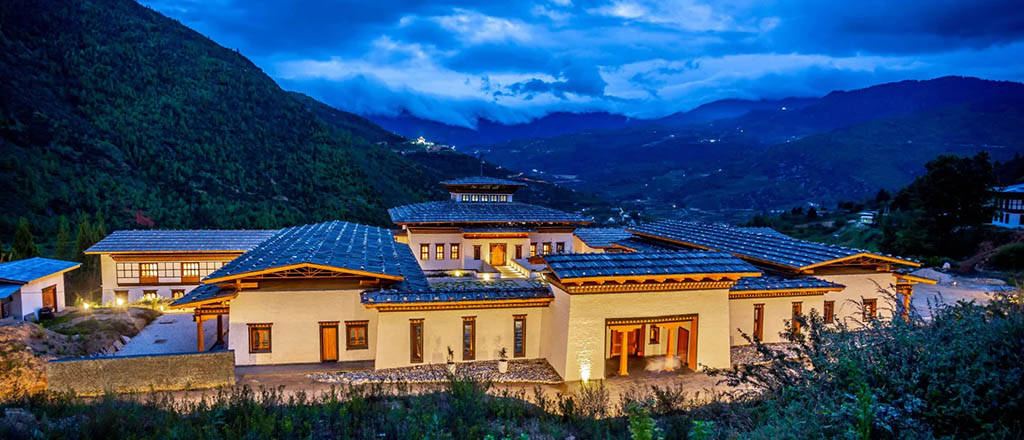
“The Bhutan Green Hotels standard is tailored to reflect Bhutan’s environmental and cultural context. It emphasises principles such as respect for nature, preservation of cultural heritage, and support for local communities. While it may share similarities with international standards, it incorporates specific criteria relevant to Bhutan’s sustainable tourism goals.”
Dorji Dhradhul, Director General, Department of Tourism (DoT), Bhutan
To date, some 100 hotels have been trained, and about 200 of their suppliers are going through the process.
‘Net Zero’ by 2030 …
“[W]e are confident of reaching ‘Net Zero’ before 2030.”
Robin Boustead, ESG consultant and software developer
Most of the Bhutan Believe brochure packages show carbon footprint reductions of more than 60% since 2019.
This is thanks to a greenhouse gas (GHG) calculation system for business operations and tourism packages that SUSTOUR Bhutan is piloting under the guidance of Robin Boustead, environmental, social, and corporate governance (ESG) consultant and software developer.
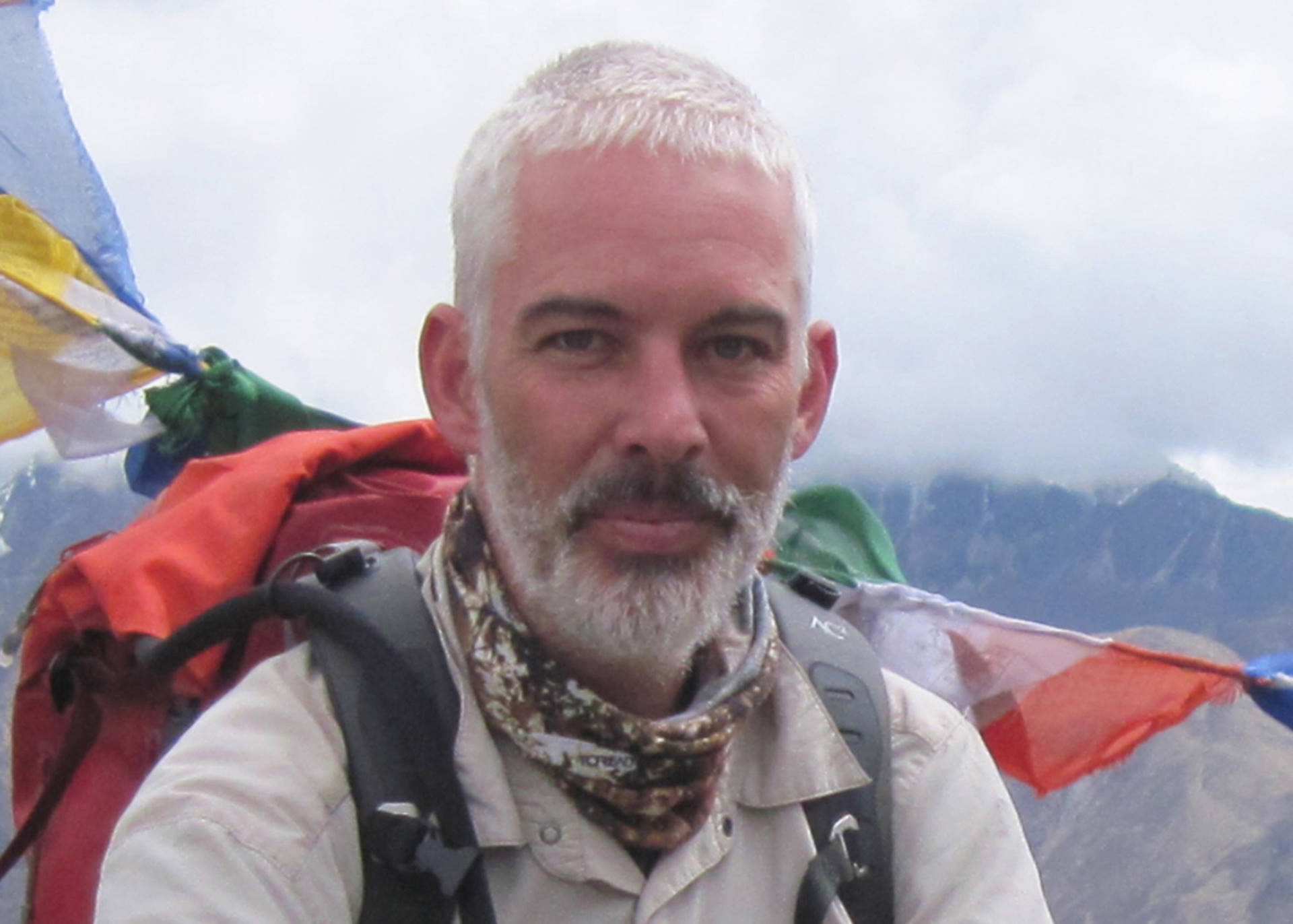
SUSTOUR selected the CARMACAL tool for calculating the GHG emissions of tourism products, and incorporated land transport options and elements of the Bhutan Green Hotels standard. The project applied this calculation method to 16 tourism products such as dzongs, monasteries, and homestays.
“For each product, we considered a range of factors including transportation options, activities and support services, waste management, energy use, and food and beverage services,” Mr Boustead explained.
The project identified these contributing factors, prioritised emissions, and worked out the most appropriate methodology for measuring and monitoring them.
… is not that complicated
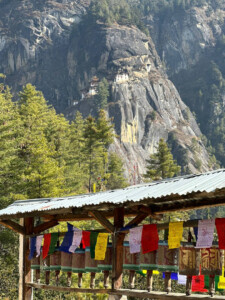
“This sounds more complicated than it was as many of the products were actually quite similar,” Mr Boustead said.
“Once we have the energy use or relevant emission source, it is simple to apply the appropriate emission factor to calculate the amount of GHG emitted per annum, or per visitor, or per ticket.”
Quickly achieving significant GHG emission drops relied heavily on electric vehicles (EVs).
“The government recently introduced 300 EV taxis into the country, which are popular with tourism operators, so adoption has been rapid.”
The Bhutan Green Hotels standard has had an immediate impact, Mr Boustead asserts, although “there is still much to do to reduce GHG emissions from accommodations”.
Sustainable incentives for the future
What happens when the project ends?
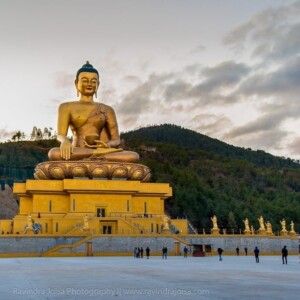
For the industry, SUSTOUR Bhutan is supporting a green financing scheme for micro and small enterprises to pursue greener and more responsible business practices.
ABTO’s Mr Dorji explained: “We are working closely with the Ministry of Finance in developing a green taxonomy, and discussions are on the way to rationalise fiscal incentives.”
At the destination level, Bhutan’s Department of Tourism along with SUSTOUR Bhutan have been reviewing Green Destinations’ auditor-evaluated destination certification accredited by the Global Sustainable Tourism Council.
Appreciation
Thanks to all the achievements since 2020 — despite the challenges of a global pandemic, and recognising that there is much more to do — there is no doubt that Bhutan appreciates SUSTOUR’s technical assistance:
“SUSTOUR positions Bhutan at the forefront of responsible tourism. By fostering resilience, empowering stakeholders, and promoting sustainable practices, SUSTOUR safeguards our natural and cultural heritage while ensuring the long-term prosperity of our tourism industry.
“As Bhutan continues to inspire global conversation on responsible travel, SUSTOUR remains an important player in our journey towards a more sustainable, regenerative, and harmonious future.”
Dorji Dhradhul, Director General, Department of Tourism (DoT), Bhutan
About SUSTOUR Bhutan
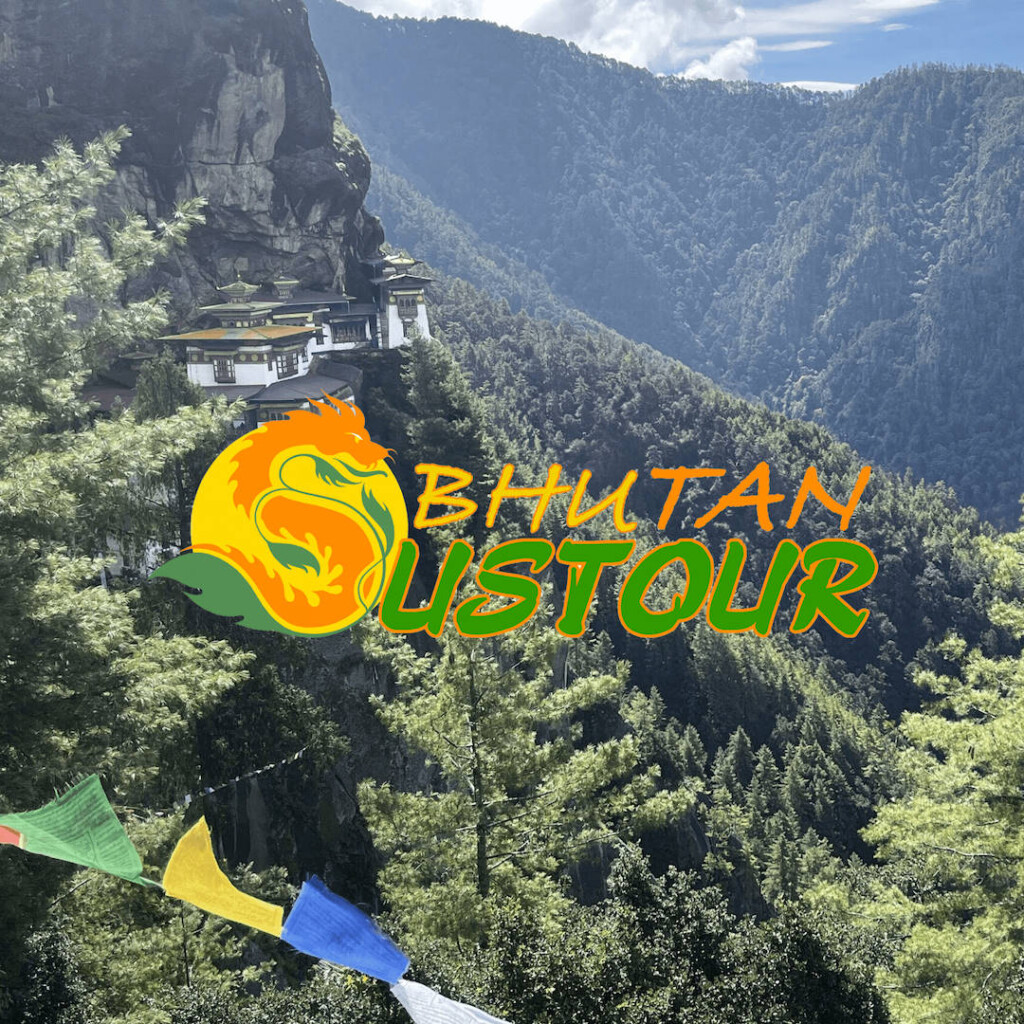
The SUSTOUR Bhutan project is an innovative and practical approach to improving sustainable consumption and production in Bhutan’s tourism sector. It is supported by the Association of Bhutanese Tour Operators (ABTO), the Hotel and Restaurant Association of Bhutan (HRAB), Allianz selbständiger Reiseunternehmen – Bundesverband e.V. (ASR), European Centre for Ecological and Agricultural Tourism (ECEAT), and Travelife, financed through SWITCH-Asia.
Now in its fourth year of project implementation, SUSTOUR Bhutan’s current focus is on further strengthening stakeholders at national, destination, and individual enterprise level, and rolling out new sustainable and low-carbon products to market.
Book a meeting with the Bhutan team: switchasia.travelife.info/book-bhutan/
Learn more
Learn more from the 2024 ‘Bhutan Believe’ sustainable tour brochure (PDF).


